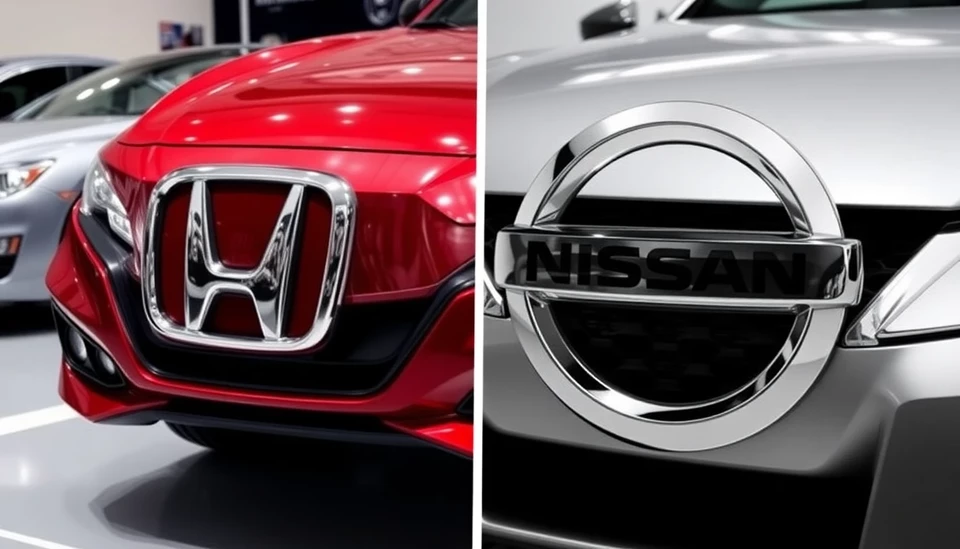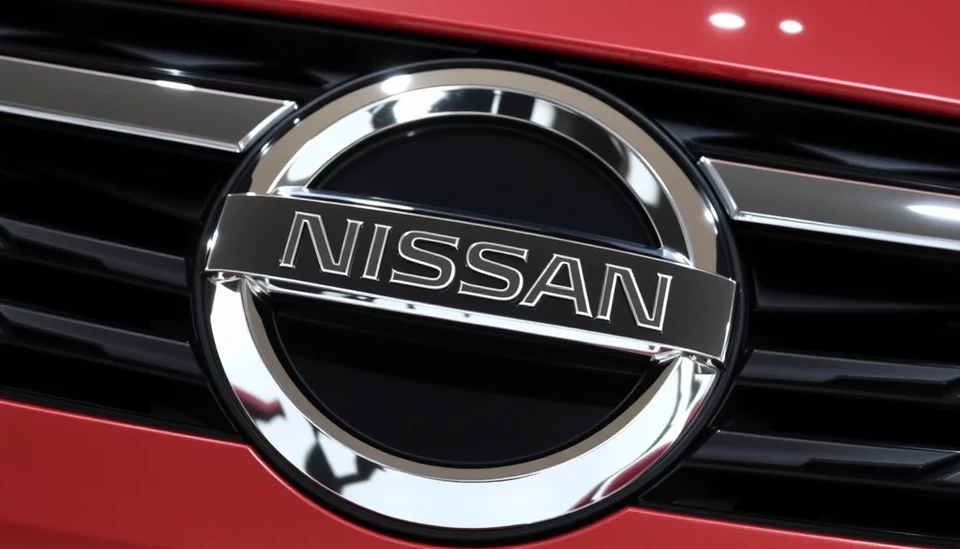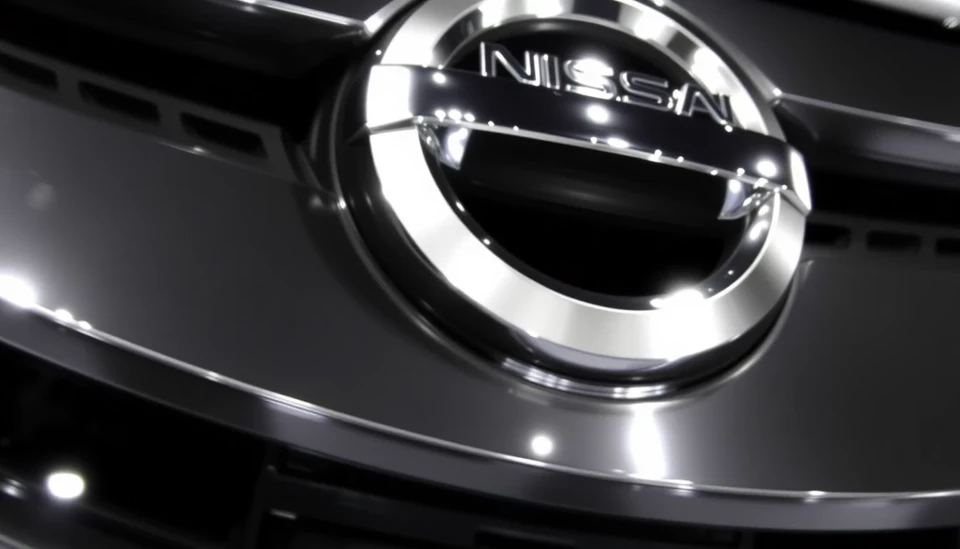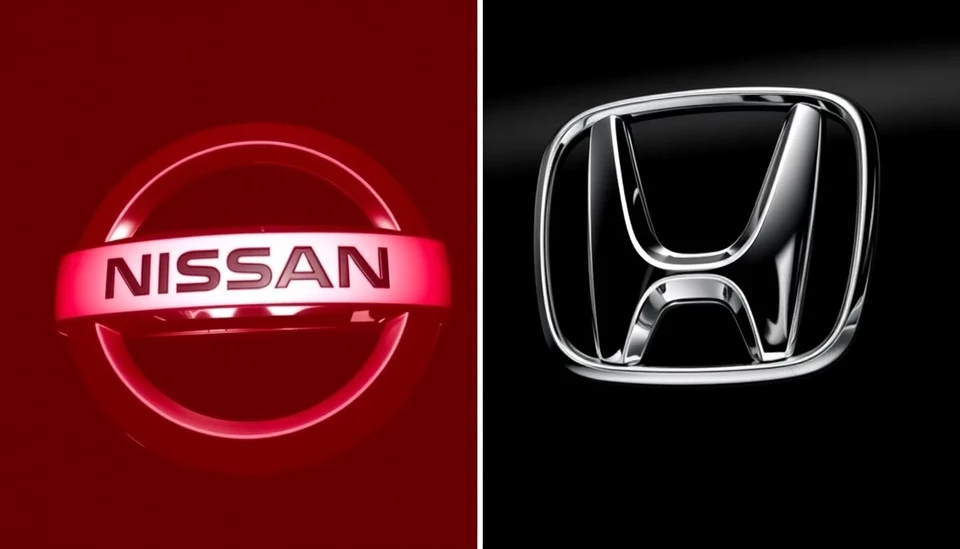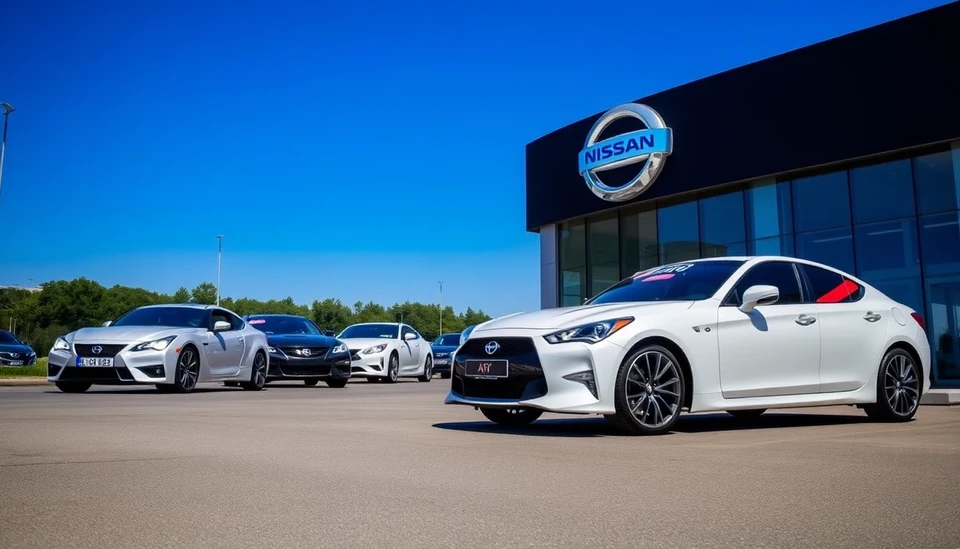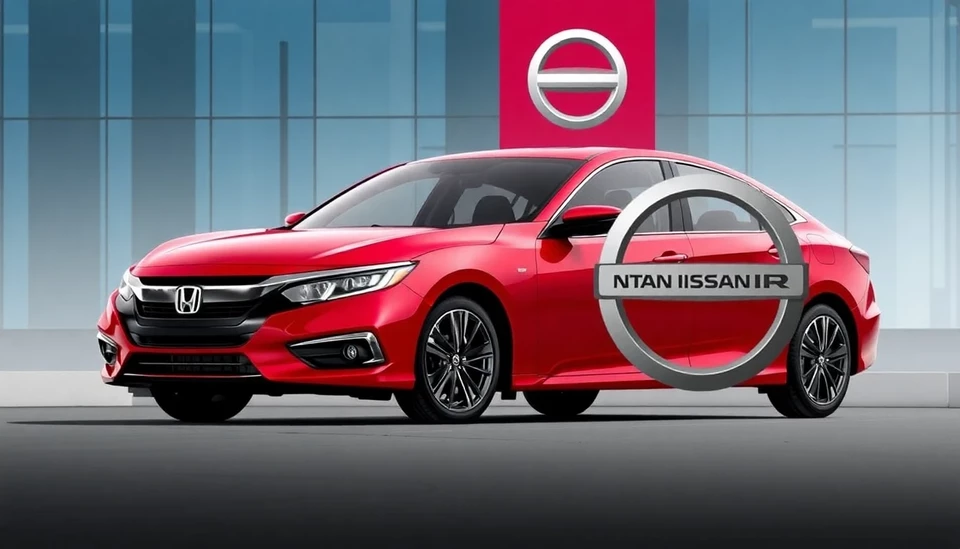
In a surprising turn of events, Honda faces a mixed bag of implications following Nissan's potential rescue plan aimed at stabilizing its operations. As Nissan navigates through financial turbulence, its rescue efforts ripple through the automotive industry, raising questions about what this means for Honda, a company that has traditionally carved its niche among Japan's auto giants.
For Honda, Nissan’s predicament seems both a challenge and an opportunity. The introduction of collaborative efforts could pave the way for shared technologies and resources, which could, in theory, bolster Honda’s own performance and innovation potential. However, the overshadowing concern lies in Nissan’s past struggles, which may lead Honda down a rocky path if the partnership comes at the cost of brand integrity or operational efficiency.
The dynamics in the Japanese automotive market have historically been complex, often characterized by fierce competition and carefully orchestrated alliances. Honda must now tread carefully, as any misalignment with Nissan could spell trouble, especially given its significant reliance on global markets that have been increasingly volatile.
Nissan is pursuing a restructuring strategy aimed at revitalizing its financial health—one which Honda is keen to watch. Honda's leadership has expressed optimism about the potential for innovation through collaboration but remains cautious of Nissan's broader operational woes. After all, Nissan's past challenges range from falling sales to significant managerial upheaval, which could jeopardize the stability Honda seeks in any partnership.
On the upside, observers note that collaboration with Nissan could allow Honda to enhance its technological prowess—especially in the electric vehicle (EV) segment, where both companies have been investing heavily. The race towards electrification is formidable and requires vast resources and R&D capabilities. Therefore, a strategic partnership could potentially yield shared advancements, although it remains to be seen if this will genuinely benefit Honda in the long run.
Moreover, the global shift towards sustainability and green energy forms a backdrop against which Honda must evaluate its strategic moves. As uncertainties plague the automotive industry, the question remains: Will the partnership with Nissan strengthen Honda's market position, or will it become a cumbersome anchor that holds back Honda from achieving its ambitions?
As the situation unfolds, both Honda and Nissan must navigate a landscape marked by economic uncertainties, fluctuating consumer preferences, and escalating competition. Honda's many stakeholders are watching closely, eager to see how the rescue plan impacts not only Nissan but also their own future prospects. With the auto industry on the brink of transformation, one thing is clear: collaborations and alliances will be crucial in steering through turbulent waters.
In summary, while there may be a silver lining in the partnership with Nissan, the complexities it brings could overshadow any potential benefits. Time will play a critical role in determining whether Honda can leverage this opportunity into palpable gains, or if it will find itself further entrenched in an unpredictable landscape.
As developments in this rescue plan continue to emerge, the automotive world remains on alert, with analysts keenly monitoring the balance each company strikes between collaboration and competition.
#Honda #Nissan #AutomotiveIndustry #ElectricVehicles #Collaboration #Innovation #MarketDynamics
Author: Samuel Brooks
